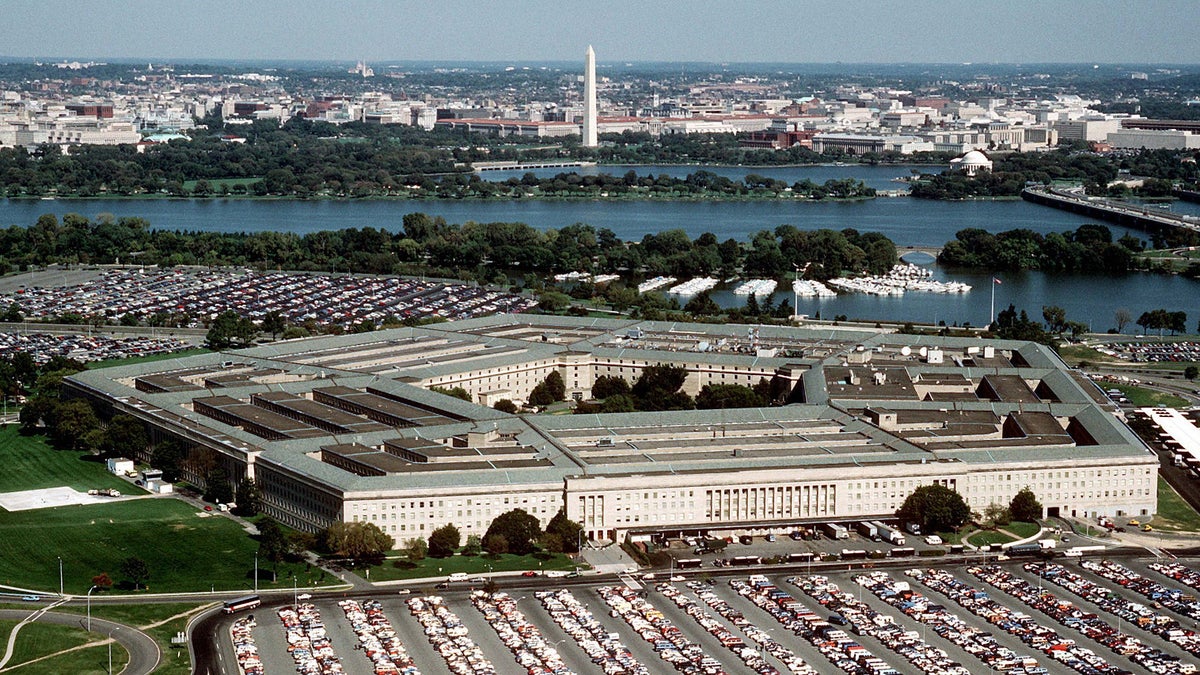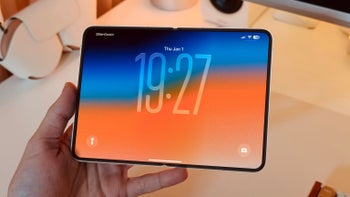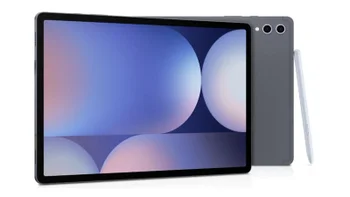The Pentagon’s position on Huawei restrictions may be changing

In May 2019, the White House put Huawei into export blacklist over the alleged security threat, thus limiting the possibility of US firms to export to Huawei any US-origin technology. That means that US companies weren’t allowed to sell to Huawei unless they got special approval from the government.
However, America’s efforts to restrict Huawei in any way possible had previously faced a substantial obstacle, the Pentagon. According to the Wall Street Journal, the Pentagon’s reason to oppose the regulations was that some US companies would lose a considerable amount of profit. If they were unable to sell to Huawei and in consequence lost a key source of revenue, they would not have enough money for the extensive research that powers innovation, required in this day and age.
Although the Pentagon initially refused to back the regulation, we now receive information from Politico, via Reuters, that the Pentagon is most likely changing its official stand. On February 28, there will be a deputy-level meeting of officials from Commerce, Defense and other departments to discuss the topic. The Department of Defense has not yet commented on the issue.
Although the US blacklisted Huawei, according to Politico, some US semiconductor companies have been finding ways around the blacklist and supplying Huawei with their products (through subsidiaries or partners in foreign countries).
With the Pentagon changing its position on the issue, the ban will become even harder to bypass. Mark Esper, the US Secretary of Defense, stated that the US needs strong offense and defense to ensure US technology is protected, including export controls, reports Politico.
However, not everyone agrees with the limitations of export to Huawei, including trade lawyer Doug Jacobson, who told Reuters that such regulation could lead to a decline in sales for some US companies and in general, it would not limit Huawei’s manufacturing ability.
Although the US blacklisted Huawei, according to Politico, some US semiconductor companies have been finding ways around the blacklist and supplying Huawei with their products (through subsidiaries or partners in foreign countries).
However, not everyone agrees with the limitations of export to Huawei, including trade lawyer Doug Jacobson, who told Reuters that such regulation could lead to a decline in sales for some US companies and in general, it would not limit Huawei’s manufacturing ability.
Follow us on Google News












Things that are NOT allowed:
To help keep our community safe and free from spam, we apply temporary limits to newly created accounts: